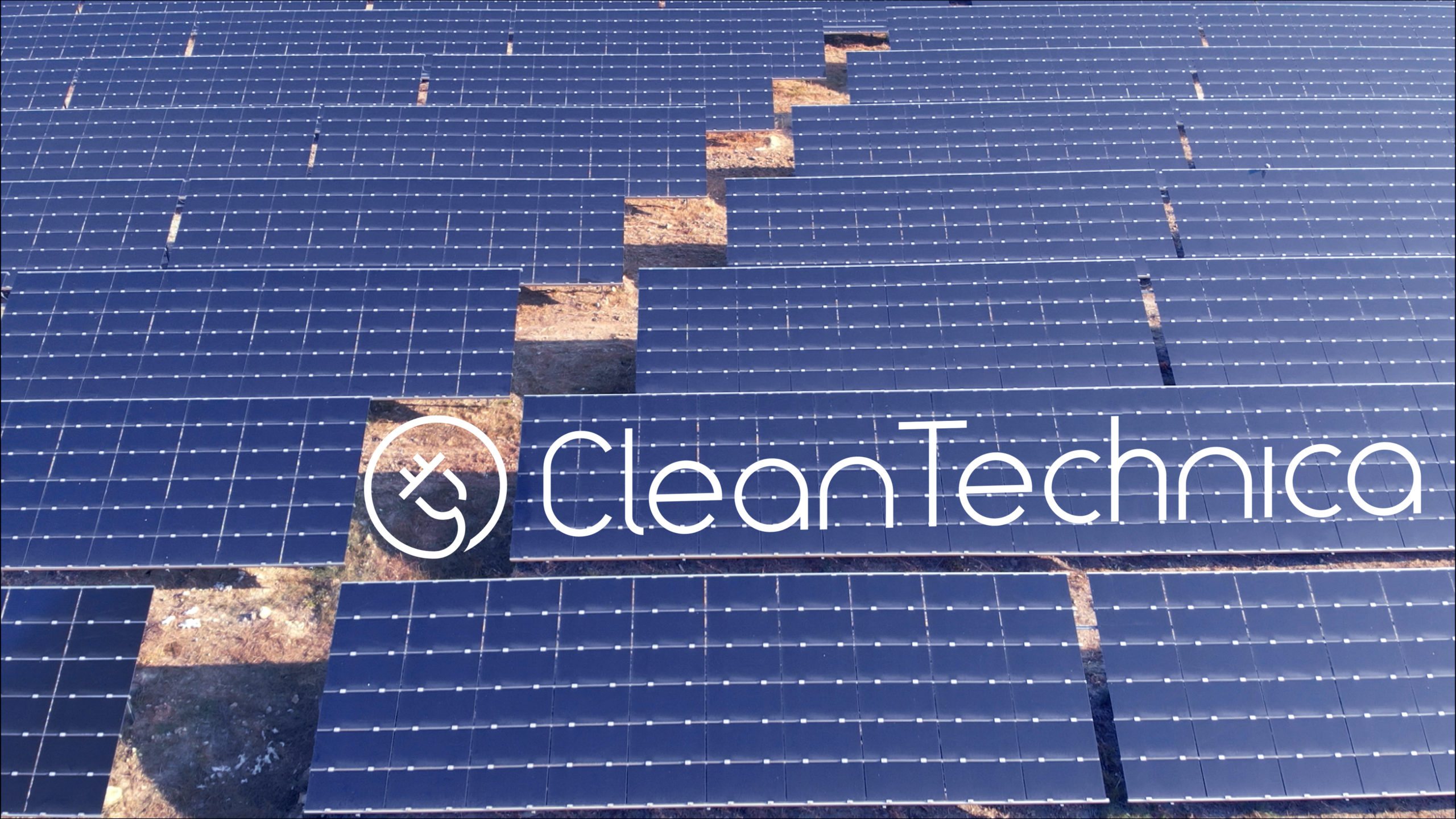 U.S. EV sales grew significantly in 2023 and will likely continue to do so in the coming year, Bloomberg analysts say in a new report. Analysts estimate that U.S. EV sales reached 1.6 million units in 2023, up from 1.1 million in 2022. And they predict 1.9 million EV sales for 2024, accounting for 13% of the new-car market. Sales could reach 2.1...
U.S. EV sales grew significantly in 2023 and will likely continue to do so in the coming year, Bloomberg analysts say in a new report. Analysts estimate that U.S. EV sales reached 1.6 million units in 2023, up from 1.1 million in 2022. And they predict 1.9 million EV sales for 2024, accounting for 13% of the new-car market. Sales could reach 2.1... Analysts: EVs will keep gaining US market share in 2024
 U.S. EV sales grew significantly in 2023 and will likely continue to do so in the coming year, Bloomberg analysts say in a new report. Analysts estimate that U.S. EV sales reached 1.6 million units in 2023, up from 1.1 million in 2022. And they predict 1.9 million EV sales for 2024, accounting for 13% of the new-car market. Sales could reach 2.1...
U.S. EV sales grew significantly in 2023 and will likely continue to do so in the coming year, Bloomberg analysts say in a new report. Analysts estimate that U.S. EV sales reached 1.6 million units in 2023, up from 1.1 million in 2022. And they predict 1.9 million EV sales for 2024, accounting for 13% of the new-car market. Sales could reach 2.1... 

